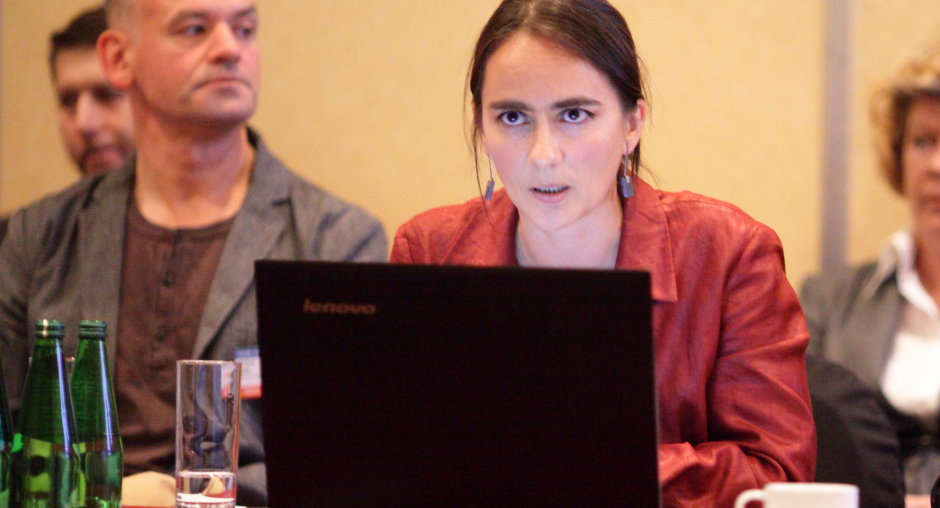Greater involvement of local authorities needed for successful Roma integration, say participants at OSCE human rights conference

Local authorities need to take greater ownership of and responsibility for the integration of Roma communities, said participants of the OSCE Human Dimension Implementation Meeting in Warsaw on 24 September 2013.
Policies and legislation are usually produced at the national level, but local-level authorities are most often the ones responsible for designing programmes to bring tangible changes in access to education, employment, housing and infrastructure, representatives of governments, civil society and international organizations concluded.
They noted, however, that designing and implementing effective policy at the local level could not be the responsibility of local governments alone.
“What is important here is co-operation among local authorities, the larger local community and the Roma, as all have a vital role to play in working toward Roma integration,” said Gabriella Tonk, a municipal officer with the city of Cluj Napoca, Romania.
Kalman Mizsei, Chairperson of an Open Society programme focused on making the most of EU funding, spoke about international engagement on such initiatives.
“In recent years, local authorities have been playing a much more prominent role in implementing Roma policies, so they are now key players in Roma integration efforts,” Miszei said. “It is, therefore, crucial that there is a link between national level goals and initiatives by local authorities, and the availability of EU funds provides municipal leaders with an added incentive to strengthen this link.”
Participants welcomed the fact that more resources have become available recently to support Roma integration in the OSCE region, particularly in EU members or countries aspiring to membership with large Roma minorities. They emphasized, however, the need for more effective monitoring and evaluation of the results of that spending.
